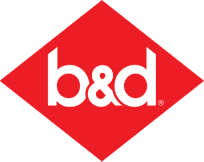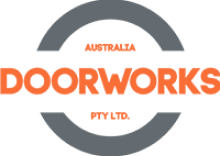Your garage door is one of the most frequently used doors in your home. It provides security, convenience, and access to your belongings. A critical component of any garage door is the motor, responsible for lifting and lowering the door smoothly and efficiently. Choosing the right motor can significantly impact your garage door’s performance, longevity, and noise level. This guide will help you understand the different types of garage door motors and choose the best one for your needs.
Types of Garage Door Motors
There are three main types of motors used in garage door openers.
Chain Drive Motors
Pros
- Most affordable option
- Simple design, easy to install and maintain
- Durable and long-lasting
Cons
- Noisiest of the three types
- Can require lubrication due to chain wear
- May not be suitable for insulated garage doors
Belt Drive Motors
Pros
- Significantly quieter than chain drive motors
- Smooth operation with minimal vibration
- No need for lubrication
- Can be used with insulated garage doors
Cons
- More expensive than chain drive motors
- Belt may wear and tear over time, requiring replacement
Screw Drive Motors
Pros
- Quietest of the three types, ideal for attached garages or living spaces above the garage
- Powerful and efficient, capable of handling heavy doors
- Low maintenance, no need for lubrication
Cons
- Most expensive option
- More complex design, installation may be more difficult
- May not be suitable for very cold climates
Factors to Consider When Choosing a Motor
Garage Door Size and Weight
- Choose a motor with sufficient horsepower to handle the weight of your garage door.
- For standard residential doors, a 1/2 horsepower motor is usually adequate.
- Heavier doors or those with insulation may require a 3/4 or 1 horsepower motor.
Noise Level
- If noise is a concern, a belt or screw drive motor is the better option.
- Chain drive motors are the noisiest, while screw drive motors are the quietest.
Budget
- Chain drive motors are the most affordable, followed by belt drive and then screw drive motors.
- Consider the long-term cost of ownership, including maintenance and potential repairs.
Special Features
- Some motors offer additional features like soft start/stop, battery backup, Wi-Fi connectivity, and security lighting.
- Decide which features are important to you and choose a motor accordingly.
Installation
- If you are not comfortable with DIY projects, consider hiring a professional installer.
- Ensure the installer is licensed and insured and has experience with your chosen motor type.
Choosing the right motor for your garage door is an important decision. By understanding the different types of motors and considering your individual needs, you can find the best option for your home. Investing in a high-quality motor will ensure your garage door operates safely, efficiently, and quietly for many years.






